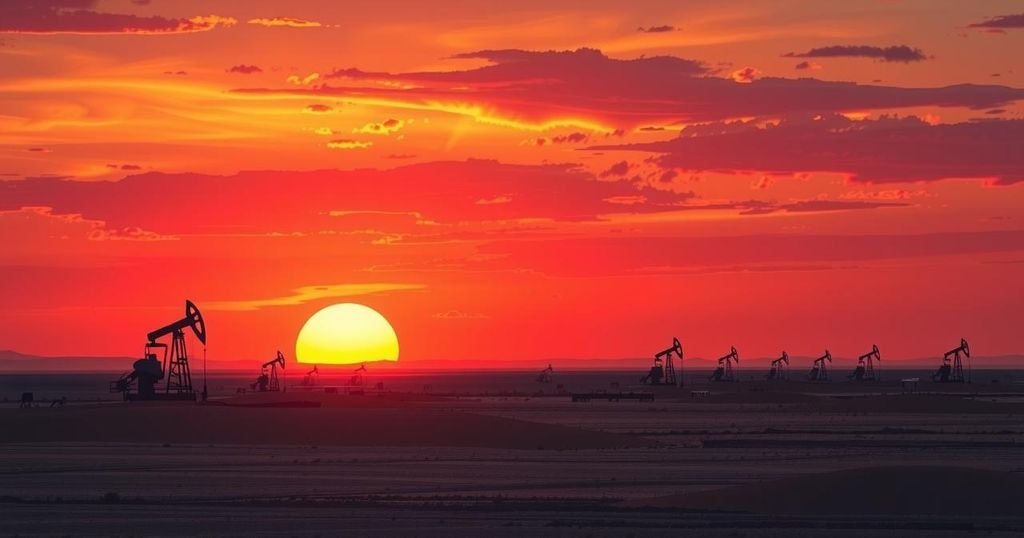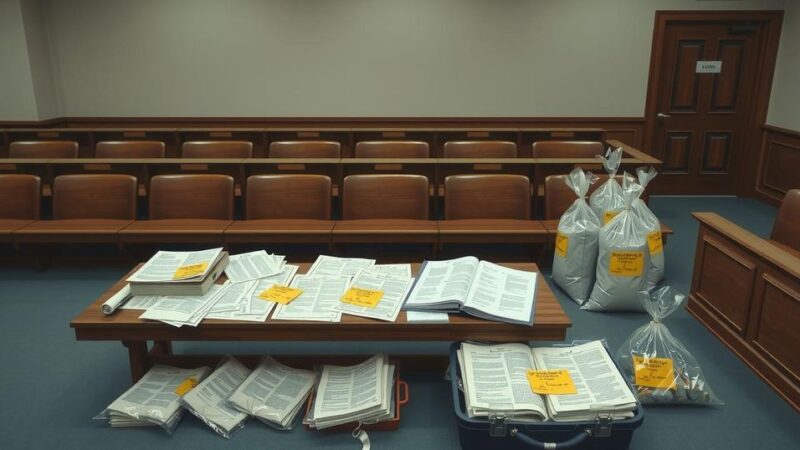The US has withdrawn waivers on electricity imports from Iran, impacting Iraq, which relies on Iran for 22% of its power. Experts warn this could severely disrupt Iraq’s energy supply, with possible protests arising from power shortages. Iraq is seeking alternatives by increasing fuel supplies and enhancing energy ties with Saudi Arabia, amid ongoing disputes with the KRG over oil contracts.
The United States has decided not to renew waivers that pertain to electricity imports from Iran, creating significant implications for Iraq. Currently, Iraq is dependent on Iran for 22% of its gas and electricity imports, raising concerns about the sustainability of its power grid in the absence of alternative sources.
Iman Nasseri, Middle East managing director at FGE, warned that although gas imports are technically exempt, payment mechanisms for these imports may face US sanctions if they violate regulations. Experts express that this decision could severely disrupt supply chains due to Iraq’s critical reliance on Iranian gas.
If gas imports are hindered, Iraq’s electricity grid may lose over 30% of its capacity, according to Ahmed Moussa, a spokesperson for the Iraqi Electricity Ministry. He noted that energy shortages might incite fresh protests, particularly in Basra, where earlier blackouts have already resulted in civil unrest.
To partially alleviate this potential shortage, an FGE analysis suggests transitioning from gas to liquid fuels. Consequently, Iraq has petitioned the Oil Ministry to raise fuel oil supplies from 35,000 barrels per day to 100,000. The government is additionally focusing on enhancing grid connections with Saudi Arabia and accelerating investments in associated gas projects to lessen its reliance on Iranian imports.
This waiver withdrawal is part of US President Donald Trump’s “maximum pressure” campaign against Iran. National Security Advisor Mike Waltz indicated that increased pressure on Iran would be necessary should the nation continue its nuclear weapon development and support for terrorism, including activities in Iraq.
Waltz further encouraged Iraq to pursue partnerships with US energy companies and engage with the Kurdistan Regional Government (KRG) to restart the Iraq-Turkey pipeline, which has been dormant for two years due to disputes between Baghdad and Erbil. However, despite US diplomatic efforts, two rounds of negotiations between Baghdad and Erbil have yet to resolve disagreements surrounding payment structures and oil contracts. A source from an involved oil company stated, “while tensions persist, there remains a possibility of compromise.”
In summary, Iraq is facing crucial challenges as the US ceases waivers related to electricity imports from Iran. The country relies heavily on Iranian energy, and disruptions could result in significant power shortages and civil unrest. Iraq is exploring alternative solutions, including increasing liquid fuel supplies and strengthening ties with neighboring energy markets, while also wrestling with internal disputes that complicate its energy strategy.
Original Source: shafaq.com






